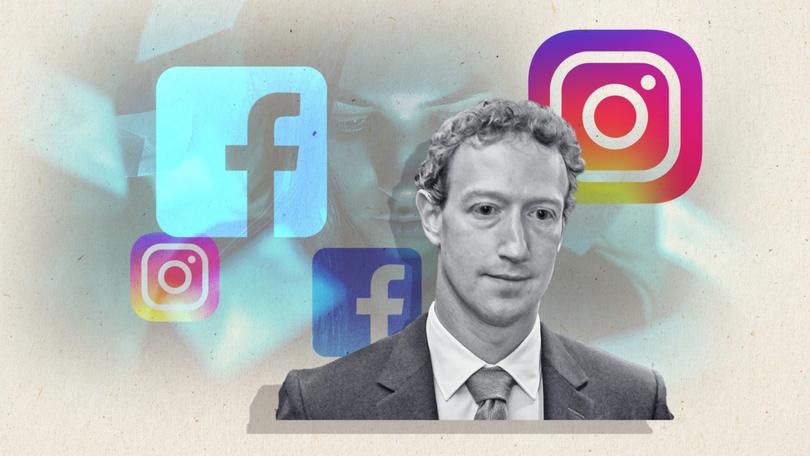Albanese Government reveals national move to ban children from social media with minimum age rule
Children across Australia would be banned from social media with the Federal Government preparing to legislate a minimum age to protect them from online harm.

Children across Australia will be banned from social media if Federal Government plans to legislate a minimum age pass Parliament.
The move follows South Australia’s draft legislation based on a report from former High Court chief justice Robert French which proposed forcing social media providers to bar access by children under 14.
Children aged between 14 and 16 would need parental consent to have a social media account and the tech companies would face hefty fines for failing to comply.
Sign up to The Nightly's newsletters.
Get the first look at the digital newspaper, curated daily stories and breaking headlines delivered to your inbox.
By continuing you agree to our Terms and Privacy Policy.Prime Minister Anthony Albanese is yet to nominate the proposed minimum age limit but his aim is to set a national benchmark.
He said parents were “working without a map” as they tried to navigate how their children interacted with others online and the associated safety and mental health risks.
“We know that technology moves fast,” Mr Albanese said.
“No Government is going to be able to protect every child from every threat — but we have to do all we can.
“Too often, there’s nothing social about social media, taking kids away from real friends and real experiences.
“Australian young people deserve better. I stand with them and with all Australian parents in protecting our kids.”
It’s understood that some of the States are more advanced in their thinking about the issue than others, and the Commonwealth will need to find a point where all can agree.
The Federal legislation will be informed by Mr French’s work and national cabinet discussions, including preliminary talks held at last Friday’s meeting.
SA Premier Peter Malinausakas said the problem demanded swift and decisive leadership given the research that showed early access to addictive social media was harming children.
“This is no different to cigarettes or alcohol. When a product or service hurts children, governments must act,” Mr Malinausakas said.
The Government intends to introduce the legislation before the election — due by mid-May 2025 — to build on the age-assurance trial currently underway.
That trial moved into its third phase this week, which will see different technologies tested to prevent children under 18 from accessing online pornography and limit access to social media for those aged between 13 and 16.
Research for the eSafety Commission found nearly two-thirds of teens have seen harmful content online, including graphic violence and drug use.
Commissioner Julie Inman Grant said last week that it was “pretty easy to game the system” and queried the effectiveness of social media companies in splicing the age limit rules they had in place now.
Meta’s vice-president and global head of safety Antigone Davis told a parliamentary inquiry last week the company believed it was better to make app stores, not social media platforms, responsible for policing the age of users.
The Government is also reviewing the Online Safety Act including examining whether to put a duty of care on social media and other tech companies.

